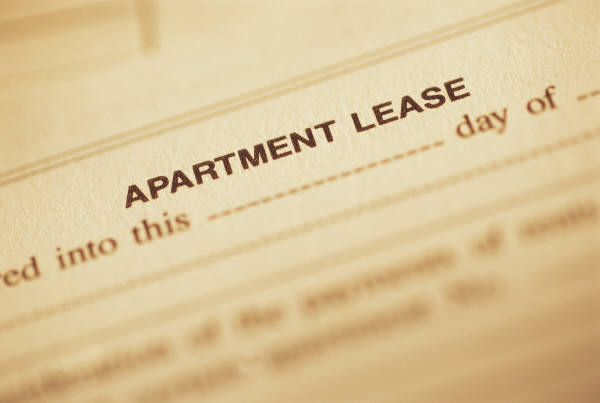Difference between Lessor and Lessee

There are many things in life that one wants to own and use for his/her comfort. However, not all of them are in our reach and therefore, one can get some while let go of others.
Another option that we possess in this regard is to make use of a lease. Many individuals as well as businesses make use of this option and are able to move forward.
Lease is much like rent where two parties agree to mutual terms. This can be for equipment, vehicles or property. The two parties that are involved in the agreement are known as lessee and lessor.
The lessee is the person who is seeking the use of the given object against certain terms and conditions. Lessor is the person who owns the object that has been leased against predetermined terms and conditions.
The lessee only controls the object for a specific time period whereas the lessor continues to own it.
Instructions
-
1
Lessee
Lessee gains control of the given property or objects for a specific amount of time after he or she has signed a lease deal. It does not give the ownership rights to the lessee.
There are certain terms that are always placed on the deal. It is generally about the purpose of use, the time period for which it will be used for and the price or rent that will be paid against it.
In certain cases, for example for machinery or a vehicle, it is also determined that for how much the lessee can use the given object. In vehicles, it is determined on the basis of mileage. Violation of the terms generally leads to penalties or even cancellation of the lease.
- Image Courtesy: odt.co.nz
-
2
Lessor
Lessor is the owner of the property or the object that is being leased. The person or organisation who owns the given property is in a better bargaining position and can get their specific terms put in the agreement.
They continue to own the property and get it back at the end of the lease. They have certain allowances to make which they must do otherwise they themselves can be held accountable in the court of law. They have the right to determine how much usage they allow on their property and how it should be maintained by the other party.
- Image Courtesy: taxjournal.com







